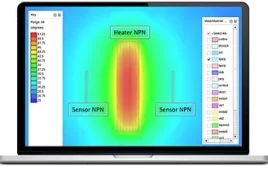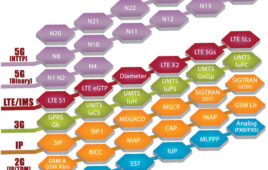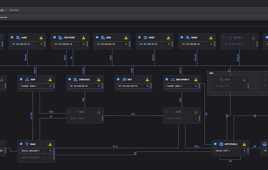Google announced this week that the first traffic will be sent to its Accelerated Mobile Pages (AMP) project sites through Google Search as early as late February.
Twitter will reportedly be experimenting with AMP content in early 2016, and AMP content will also be available through links on messaging apps LINE, Viber and Tango early next year as well.
According to Google, the AMP project is an effort to improve both speed and user experience on the mobile web. By working with publishers and technology companies, Google said it is aiming to have webpages with rich content – like animations, video and graphics – load instantly.
Google said the AMP pages work by utilizing a new, open framework – dubbed AMP HTML – that is based on existing web technologies but allows media rich pages to load faster through light-weight code. The idea is akin to Facebook’s recent effort to create “Instant Articles” that load up to ten times faster than standard mobile web pages.
Early tests from Pinterest have found that AMP pages load four times faster and use eight times less data than traditional mobile-optimizes pages.
The AMP project is an open-source initiative that has drawn the interest of some of the biggest names in tech and content, including AOL, AdSense, Outbrain, Adobe Analytics, Chartbeat, Nielsen, the New York Times, the Washington Post, Huffington Post, Buzzfeed, Vox Media, CBS Interactive and the BBC, among many others.
Google said the AMP content is set to include ad capabilities that allow ads to load faster and resize and provide support for sponsored content providers; metered paywall and subscription access; a rich analytics framework; and content format innovations.
Google said broad support for AMP content will be critical to its success, and announced that content management system WordPress will support AMP pages beginning in January. Additionally, analytics companies comScore, Chartbeat, Google Analytics and Parse.ly will roll out support for AMP content by late February.
Demonstrations of the fast-loading AMP content can be viewed through the search feature at g.co/ampdemo.




